Atlantic City police reported six deadly heroin overdoses in the last week of January, and police in Nassau County have now warned Long Island residents about “bad” heroin that may have found its way from Atlantic City to Long Island. This is something our drug crimes attorneys have experienced first hand.
Small bags of heroin made from folded wax paper and stamped with the words “King of Death” were found at the scene of two of the Atlantic City overdose fatalities.
Police in Nassau County also announced that law enforcement officers are keeping tabs on what they are calling a “drug outbreak” in Atlantic City, and they are asking residents to call 911 if they have useful information about heroin use or distribution.
Also, in what authorities have called a real-life version of the television show Breaking Bad, a lawyer who works for the Internal Revenue Service was arrested on February 1st in Washington, D.C., and accused by federal prosecutors of conspiracy to sell methamphetamine on Long Island.
Attorney Jack Vitayanon, 41, is also an adjunct professor of tax law at Georgetown University Law School and is a former law clerk for a Florida federal judge.
Vitayanon allegedly “supplemented his income by selling distribution quantities of methamphetamine,” according to Robert Capers, the U.S. Attorney for the Eastern District of New York.
In response to the arrest of Vitayanon, the Internal Revenue Service issued a statement that said in part: “We cannot comment on specific personnel matters…. The IRS strongly emphasizes that it will take any and all actions against inappropriate employee conduct, up to and including dismissal.”
Federal prosecutors are alleging that Vitayanon conspired to distribute 500 grams of methamphetamine on Long Island. According to court records, federal agents have discovered video of Vitayanon “smoking what appeared to be methamphetamine from a glass pipe.”
Vitayanon’s alleged methamphetamine dealing came to the attention of authorities in December when law enforcement officers on Long Island seized a Federal Express delivery with 460 grams of the drug as it was delivered to a home in Oceanside.
WHAT IS THE PENALTY FOR HEROIN AND METHAMPHETAMINE CRIMES?
Whether or not Vitayanon is eventually convicted of conspiracy to distribute methamphetamine, it is important to know that incarceration is a likely penalty for anyone who is convicted of manufacturing, distributing, selling, or possessing either heroin or methamphetamine in the state of New York.
It’s imperative for anyone who is charged with a drug crime in New York City or on Long Island to be represented by an experienced Long Island criminal defense lawyer.
Since the days when Nelson Rockefeller was the governor of this state, New York has been famous – some would say infamous – for being tough on illegal drugs and drug dealers.
For example, back in 2007, the New York State Legislature outlawed the operation of facilities used to manufacture drugs like methamphetamine.
Anyone who possesses or supplies drug ingredients or cooperates with an illegal drug lab can be charged with Unlawful Clandestine Drug Operation in the Second Degree, a Class C felony.
The first-degree charge, a Class B felony, is filed if a suspect has previous criminal convictions, if juveniles are involved in the operation, if the lab is near a school, or if “booby-traps” have been set to surround the lab.
Heroin use has now reached its highest level in twenty years in the United States, according to a 2016 report published by the United Nations Office on Drugs and Crime.
The report states that there were about a million heroin users in the United States in 2014, almost three times as many users as in 2003.
Heroin-related fatalities across the nation increased five-fold from the year 2000 through 2014.
In 2016, President Obama responded by asking Congress to approve an additional $1.1 billion to address the epidemic of opioid and heroin abuse.
WHY IS HEROIN USE INCREASING NOW?
“There have been a lot of theories about why heroin use is going up,” according to Scott Krakower, an assistant unit chief of psychiatry at Zucker Hillside Hospital in Queens. Krakower explained to CBS News, “The biggest theory is that the crackdown on prescription drugs, like Vicodin and OxyContin, were being overprescribed and as prescribers slowed down the prescriptions of these drugs, heroin use went up.”
In his work, Krakower sees the effects of heroin abuse. “Heroin is a dangerous, powerful opioid. It leads to pretty quick highs. It can easily suppress breathing. Eventually you can die from it.”
In 2015, Nassau County District Attorney Madeline Singas responded to the rising heroin epidemic by recommending legislation that would allow New York prosecutors to charge a heroin dealer with a homicide if one of that dealer’s customers dies from a fatal overdose.
New York is tough on drug crimes, but in most cases, drug dealers in New York still cannot be prosecuted for a customer’s death.
A lengthy prison term, however, is very often the penalty for a felony drug conviction in New York, so anyone who is charged with a drug crime should be defended by an experienced Long Island criminal defense lawyer.
Drug charges frequently follow lengthy criminal investigations that can involve the use of wiretaps and/or search warrants, so challenging the legality and constitutionality of the investigation and the arrest will often be a defense attorney’s first move on a defendant’s behalf.
HOW ARE “DRUG LABS” PROSECUTED?
Operating a drug laboratory that produces a substance like methamphetamine inevitably requires the work of more than one person.
Unsurprisingly, criminal investigations of drug lab operations usually result in a number of arrests and multiple criminal charges that include conspiracy charges.
Anyone who is involved with or even acquainted with those who operate a drug laboratory could be mistakenly arrested and charged when the police move in on the lab.
New York is not the only location where heroin is re-emerging as a serious crime and a public health concern.
The United Nations Office on Drugs and Crime reports that internationally, 17.4 million people used heroin, opium, or morphine in 2014.
Around the world as well as in New York, lawmakers and policy-makers are continuing to seek innovative and effective ways to protect the public and deal with the problem of narcotics and other dangerous drugs.
Defense attorneys in New York remain dedicated to protecting the rights of suspects and achieving the best possible results for clients who face drug charges.






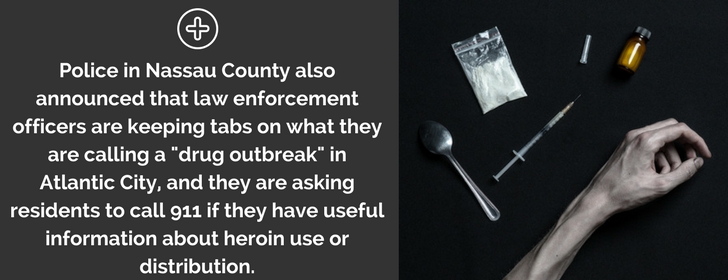
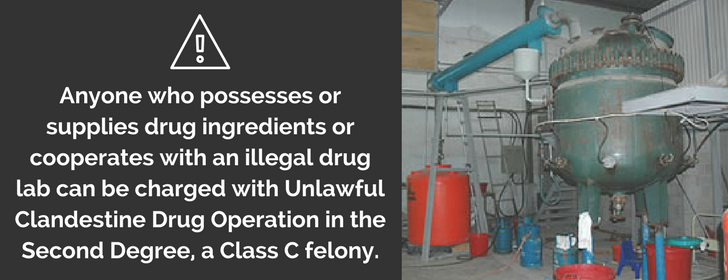
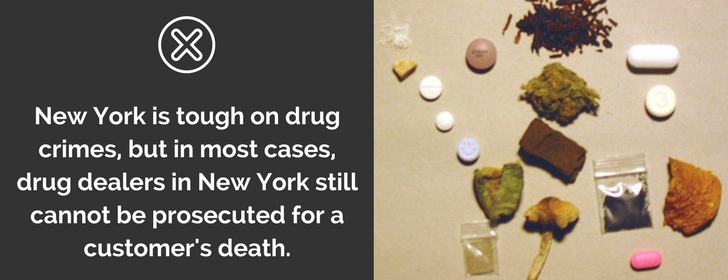
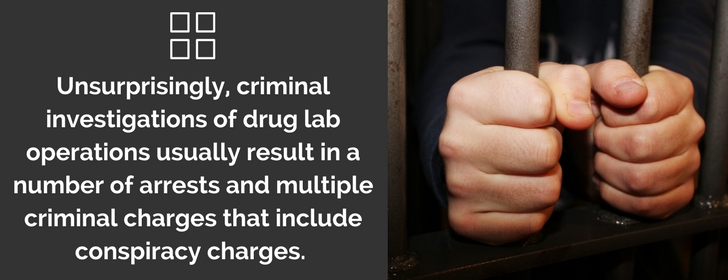
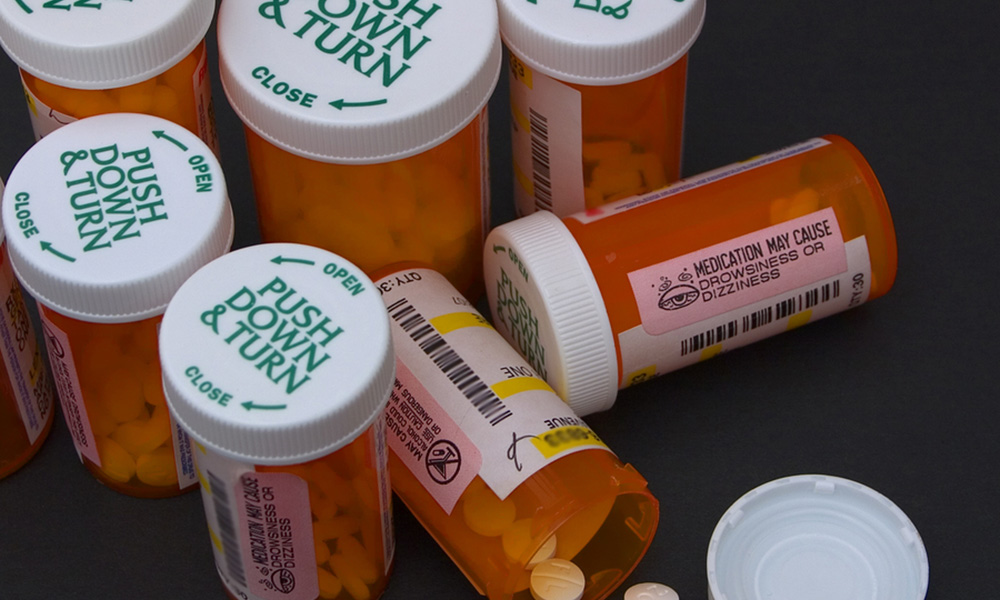




Comments are closed.